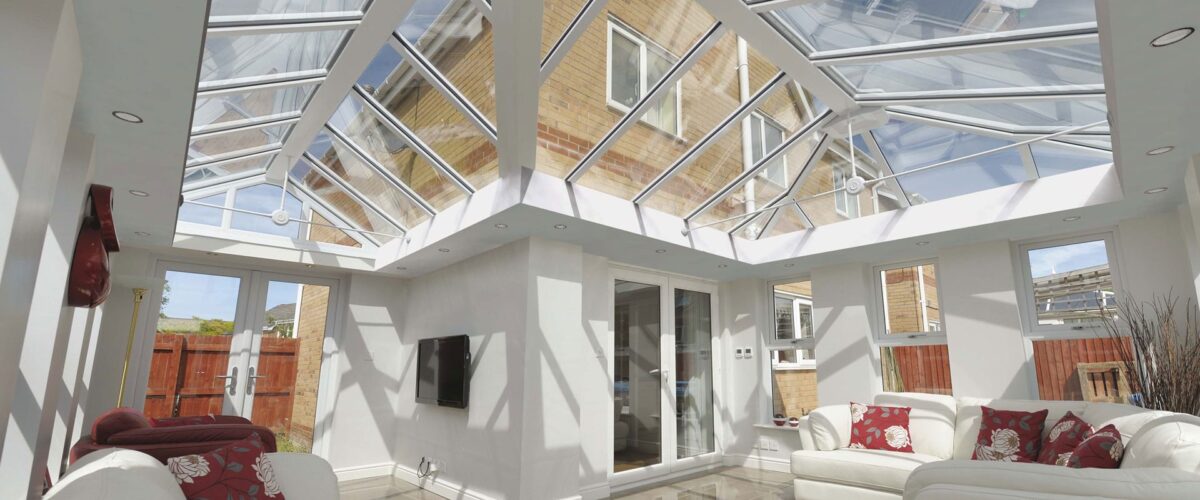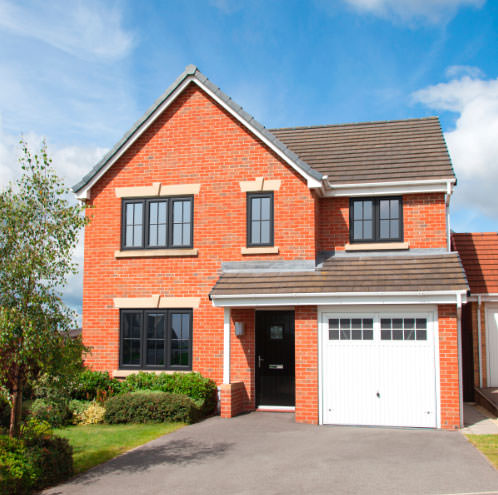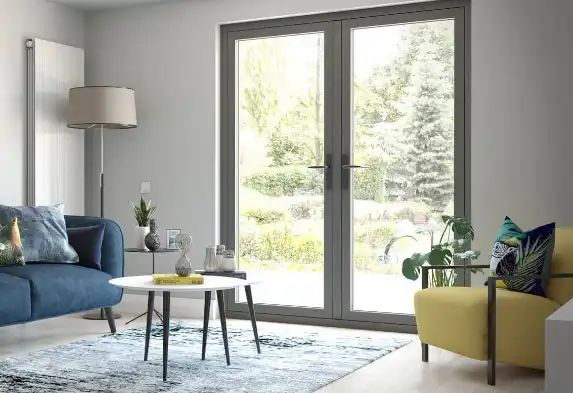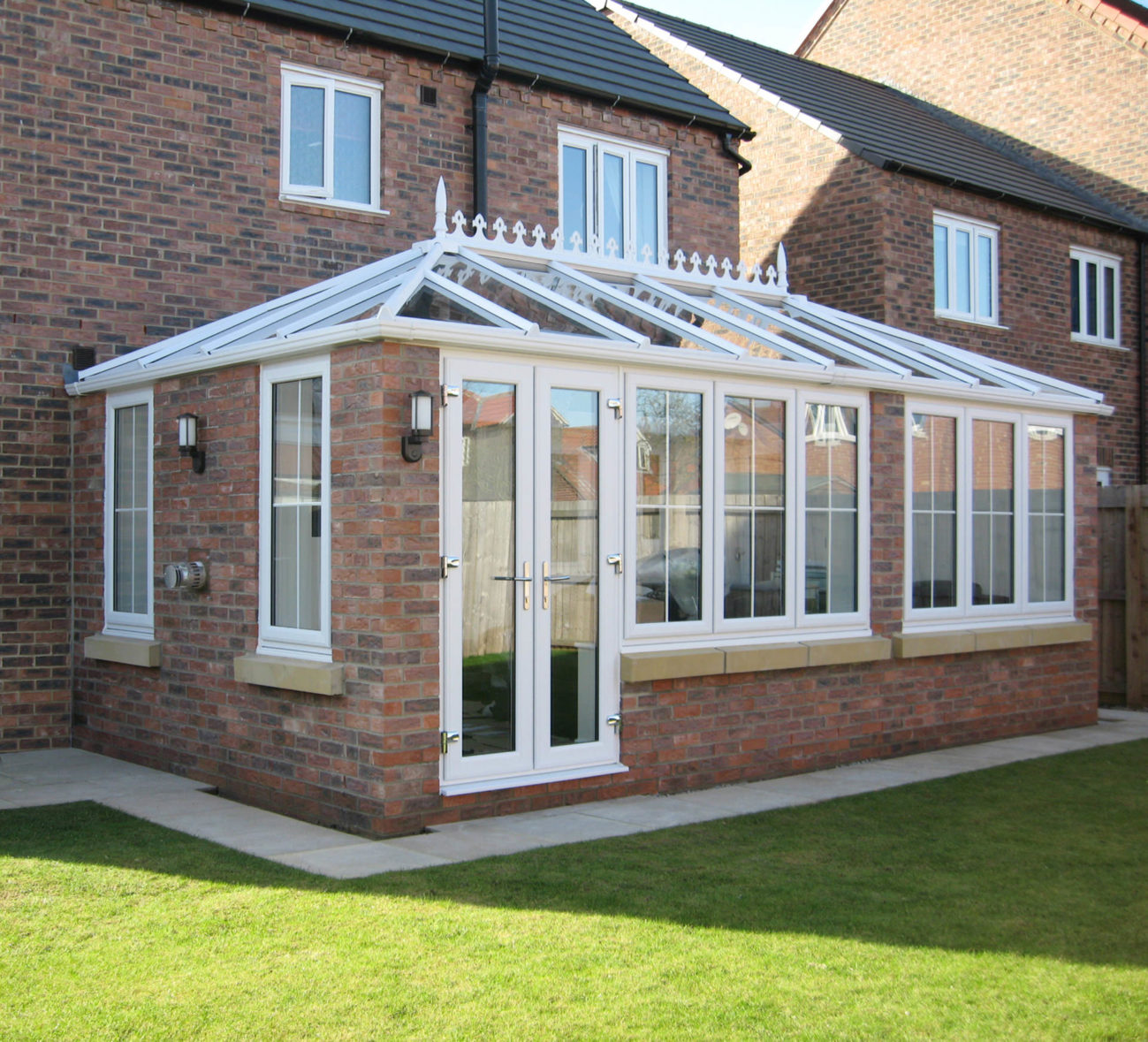If you're a homeowner looking to add extra space to your property, you may be considering whether to opt for a conservatory or an extension. Both options have their advantages and can transform your home in different ways.
In this article, we'll explore the differences between a conservatory and an extension, helping you decide which route will best suit your needs.
When does a Conservatory become an Extension?

The distinction between a conservatory and an extension can vary depending on regional building regulations and conventions. However, in general terms:
- Conservatory: Traditionally, a conservatory is a structure primarily made of glass or polycarbonate panels, often attached to a house and used as a sunroom or a greenhouse. Conservatories are typically designed to allow abundant natural light into the space and provide a connection to the outdoors. They may not always be fully insulated or have the same structural integrity as other parts of the house.
- Extension: An extension, on the other hand, refers to any additional structure added to a building that increases its floor area. Extensions can be made of various materials and serve different purposes, such as adding extra living space, bedrooms, kitchens, or other functional rooms to a house. Unlike conservatories, extensions are usually built with the same materials and insulation as the existing structure, seamlessly blending into the overall architecture of the house.
The line between a conservatory and an extension can blur depending on the design and construction methods used. In some cases, a conservatory may be built with the intention of being more than just a sunroom, incorporating features like insulation and heating to make it usable year-round. When a conservatory is extensively modified to integrate it fully into the house's structure, it may be considered an extension rather than a separate entity.
Ultimately, the classification may depend on factors such as the building regulations in your area, the intended use of the structure, and the materials and design employed in its construction. It's advisable to consult with local building authorities or a professional architect or builder to determine the appropriate classification for your specific situation.
How to Choose between a Conservatory or an Extension?
Cost Considerations
One of the main questions you'll probably have when choosing between an extension or a conservatory is the cost. Extensions tend to be more expensive than conservatories, as they involve additional costs such as architect fees and skip hire.
The materials used in the construction of extensions can also vary depending on the design, style, and budget. On the other hand, conservatories are typically made of glass and can be a more cost-effective option.
Purpose of the Additional Space
Another factor to consider is the purpose of the additional space. Before making a decision, think carefully about what you want to use the space for.
If you're looking to create a seamless extension of your existing living space, an extension may be the better option. Extensions can be designed to blend in with the rest of your home, creating a cohesive look and feel.
However, if you're looking for a space that allows you to enjoy the outdoors while being protected from the elements, a conservatory may be the perfect choice.
Conservatories are known for their abundance of natural light and panoramic views, making them ideal for relaxation and enjoying your garden all year round.
Regulations and Planning Permissions
It's also worth considering the regulations and planning permissions associated with extensions and conservatories. While conservatories often fall under permitted development rights and don't require planning permission, extensions may require approval from local authorities. It's important to check the regulations in your area before proceeding with any construction work.
Replacing a Conservatory with an Extension
If you already have a conservatory and are considering replacing it with an extension, there are some additional cost considerations. Replacing a conservatory with an extension may involve removing the existing structure and foundations, which can add to the overall cost of the project.
Conclusion
The decision between a conservatory and an extension ultimately depends on your specific needs and preferences. If you're looking for a cost-effective way to add extra space and enjoy the outdoors, a conservatory may be the perfect choice. On the other hand, if you're looking to seamlessly extend your existing living space, an extension may be the better option.
At Kingfisher Windows, we offer a wide range of double glazed home improvement products, including conservatories and orangeries. Our products are designed to enhance the beauty and functionality of your home, while providing excellent thermal insulation and security.
Whether you choose a conservatory or an extension, our team of experts will work with you to create a space that meets your needs and exceeds your expectations.
Ready to transform your home and add extra space? Get in touch with our friendly team at Kingfisher Windows for a free quote and to discuss your options further. Don't wait any longer to create the home of your dreams!






